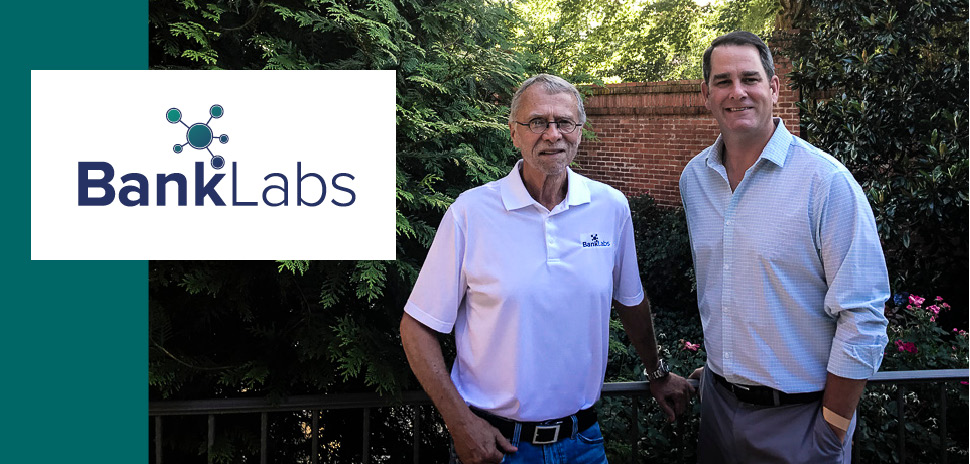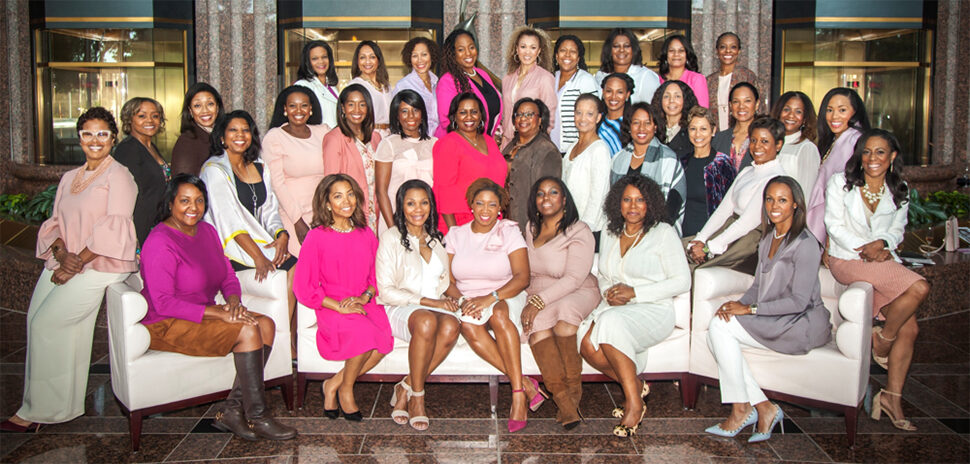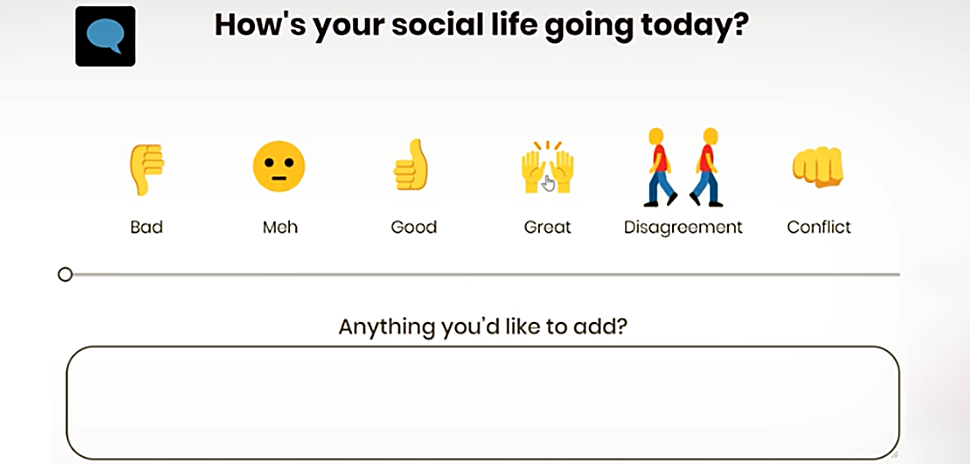A startup that provides innovative technology to community banks is revolutionizing the process for making construction loans while also arming the institutions with another weapon against their biggest competitors — FinTechs and large multinational banks.
BankLabs, which is equally based in Dallas and Little Rock, was formed as part of Radius Group, a Little Rock, Arkansas holding company, in January 2016. It immediately hit the market with Construct, its appropriately named product that enables banks to automate the construction loan process.
BankLabs describes the current procedure used by most banks as a “noisy process” involving spreadsheets, paper files, and emails, creating “unnecessary delays and wasted opportunities to increase profit and enhance customer relationships.” By switching to the Construct app, BankLabs President Matt Johnner of Dallas said banks can improve efficiency by 50 percent.
Over the past 18 months, the startup has signed contracts with 52 banks. Johnner, who co-founded BankLabs with his father-in-law, Mike Montgomery of Little Rock, envisions a bright future as the company accelerates a national campaign to put Construct and related products in banks across the country.
Over the past 18 months, the startup has signed contracts with 52 banks.
Community banks are generally defined as those that are financially based in the community where they operate and are not affiliated with multi-bank holding companies. A signature attribute centers on their inter-personal style of banking within the community.
One of BankLabs’ cornerstone goals is to help community banks reassert themselves within the lending industry following wave after wave of upheaval since the start of the 21st century. Community banks face continued threat from web-based internet competitors that seek to wrest away customers from traditional institutions by offering easier access and more attractive deals, often going directly to banking consumers.
Global investment in financial technology startups or FinTechs was expected to double from $10 billion to $19.7 billion during a 12-month stretch from 2014 to 2015, according to MarketResearch.com, in what the researchers described as a “major breakthrough year.” Annual FinTech investment was expected to reach $46 billion by 2020, the researchers said. In 2016, global FinTech investment grew 10 percent to $23.2 billion, according to Accenture earlier this year.
BANKLABS SOFTWARE HELPS IMPROVE EFFICIENCY WHILE KEEPING PERSONAL RELATIONS
Nevertheless, Johnner said BankLabs is helping community banks fight back with their own technological tools while retaining their most appealing feature — homegrown inter-personal relationships that aren’t available over the internet. The goal, he said, is to “level the playing field” between local community banks and their competition from the global banking industry and the FinTech sector.
“In a nutshell,” said Johnner, “mobile technology tools specifically for community banks — which we view more as a way of doing business than the size — help them get more efficient.” And, he added, when community banks couple improved efficiency with their hallmark feature, relationship-based banking, “they’re going to win.”
Construct provides community bankers with what BankLabs describes as “an easy-to-use” web-based service that dramatically accelerates contacts and responses involving bank personnel, contractors, and inspectors. Accessible from any phone, tablet, or computer, the program eliminates the need for paper files and spreadsheets, increases bank productivity, improves profitability, and lessens the potential of overfunding projects, according to BankLabs.
“… mobile technology tools specifically for community banks — which we view more as a way of doing business than the size — help them get more efficient.”
MATT JOHNNER
Dallas-area bank executive Chuck Carter said the program has been “very successful” since it was installed in three Dallas branches of Benchmark Bank. Benchmark has three branches in the Dallas market, three in Austin, and one in The Woodlands. Carter said the institution plans to expand Construct to all the branches.
Carter, operations and sales manager for the home loan division at Benchmark Bank in Frisco, described the system as “very user-friendly and easy to navigate,” enabling developers to review inspection reports and make draws on their loan package from their office laptop or from their mobile phones at the construction site.
BankLabs’ brand recognition has steadily expanded with increased sales. The company won a 2017 FinTech Breakthrough Award for the best consumer banking mobile app and has been featured in American Banker magazine. Lexie Garrison, senior credit officer at Valliance Bank in Oklahoma City, told the publication that BankLabs’ automation software has “completely eliminated” the use of spreadsheets while speeding up the lending process and reducing errors.
Construct was developed in 2015 and tested in two banks before it was released commercially the following year. Two other BankLabs products are also on the market: OREO, which helps banks manage foreclosed assets, and +Pay, which automates the construction payment stream to subcontractors. A fourth product, Participate, which automates bank-to-bank loan participation, is in development, and a fifth, Farm, for agriculture loans, is in the design phase.
BANKLABS AT A ‘TIPPING POINT’ IN DEVELOPMENT
Montgomery founded Radius Group in 2010, and the two men teamed up to officially launch BankLabs though the holding company six years later. Radius also has a real estate investment group called Radius Funds.
Now, said Johnner, BankLabs is facing a “tipping point” as its bosses decide “where it makes sense to hire our future leadership.” BankLabs currently consists of about 15 team members, about half of whom are in the Dallas market with Johnner and the other are in Little Rock with Montgomery.
Dallas seems to be an inevitable target for company expansion with its proximity to one of the world’s biggest airports and hundreds of banks across Texas.
“We’ve talked about where we’re going to put all our people as we keep growing,”Johnner said.
Dallas seems to be an inevitable target for company expansion with its proximity to one of the world’s biggest airports and hundreds of banks across Texas.
Montgomery, 69, has an extensive family history in banking as the son and grandson of bankers and has continued the tradition in his own career. As a graduate of the University of Utah, according to his biography, he wrote the software for the first ATM card at Walker Bank & Trust in the 1970s and later became a top executive in leading financial services technology companies. He is an investor in community banks and sits on the board of Arkansas-based Southern Bancorp.
Johnner, 47, the only non-banker on the six-member Radius board, forged a 25-year career in technology that included a stint with Perot Systems, founded by H. Ross Perot, and has specialized in software development, product management, and sales. Now, as a co-founder of BankLabs, Johnner said he and his father-in-law are driven by a fundamental commitment to empower community banks across the country.
“We are very complementary and share the same vision for BankLabs,” Johnner said, describing their company as “the defenders, the partners” of community banks.



































































